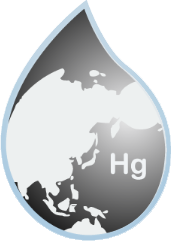
APMMN Monitors Mercury
in Air and Rainwater
The Asia-Pacific Mercury Monitoring Network (APMMN) is a cooperative effort to systematically monitor mercury in air and rainwater throughout the Asia-Pacific Region.
The network involves many groups, including environmental ministries and federal government agencies, academic institutions, and scientific research and monitoring organizations.
APMMN Objectives
- Determine the status and trends in atmospheric mercury concentrations as well as wet, dry, and total atmospheric deposition of mercury.
- Provide a robust dataset for regional and global model input.
- Assist partners in developing their mercury monitoring and assessment capacity by providing training on multi-media (e.g., air, precipitation, water, sediment, biota) sampling and analytical methods, and best practices.
- Share data and monitoring information among network partners.
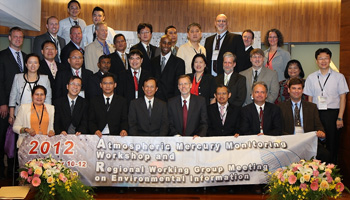
2012
Taiwan
30 scientists from the U.S. and seven other countries assembled to exchange information on programs in Asia and North America that monitor atmospheric mercury. Participants identified key data gaps in the region and articulated a need for a coordinated network to monitor mercury transport and deposition; conducted training
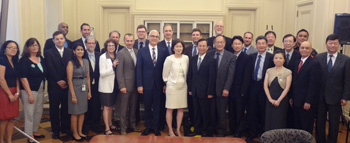
2013
USA
Scientific experts and ministry/agency officials from Thailand, Indonesia, Vietnam, Taiwan, Canada, Japan, Korea, and the U.S. agreed to develop a standardized pilot network to monitor mercury in rainwater and in air; established a network Science Advisory Group (SAG) to guide network activities; conducted training
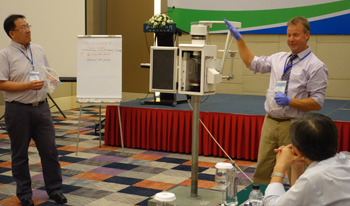
2014
Vietnam
Developed and adopted APMMN standard operating procedures (SOPs) to monitor mercury in rainwater; the SOPs are based on NADP/MDN standardized procedures for field operations, data management, and quality assurance, modified to local/regional conditions
Established three mercury wet deposition pilot sites (Vietnam, Thailand, Indonesia), and a central mercury analytical laboratory at the National Central University, Taiwan; conducted training
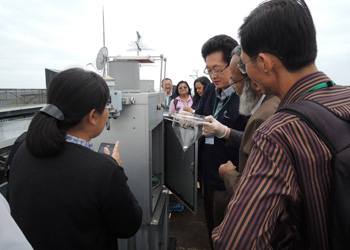
2015
Japan
Expanded the number of network partners; further developed network infrastructure; hired a network site liaison; developed an interactive website; conducted training
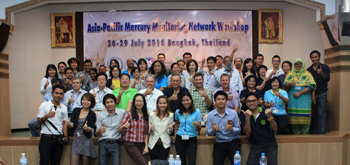
2016
Taiwan & Thailand
Expanded the capacity of the APMMN mercury analytical laboratory; launched a monitoring and technology data center; Taiwan agreement to provide 15 mercury wet deposition samplers to APMMN partners; Japan/NADP sponsored workshop on networking continuous atmospheric mercury monitors in the Asia-Pacific region; conducted training
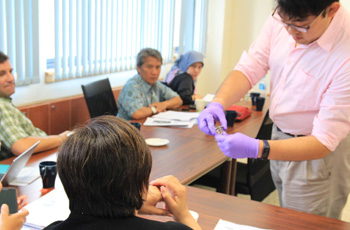
2017
Taiwan
New wet deposition samplers delivered to Vietnam, Thailand, and the Philippines
